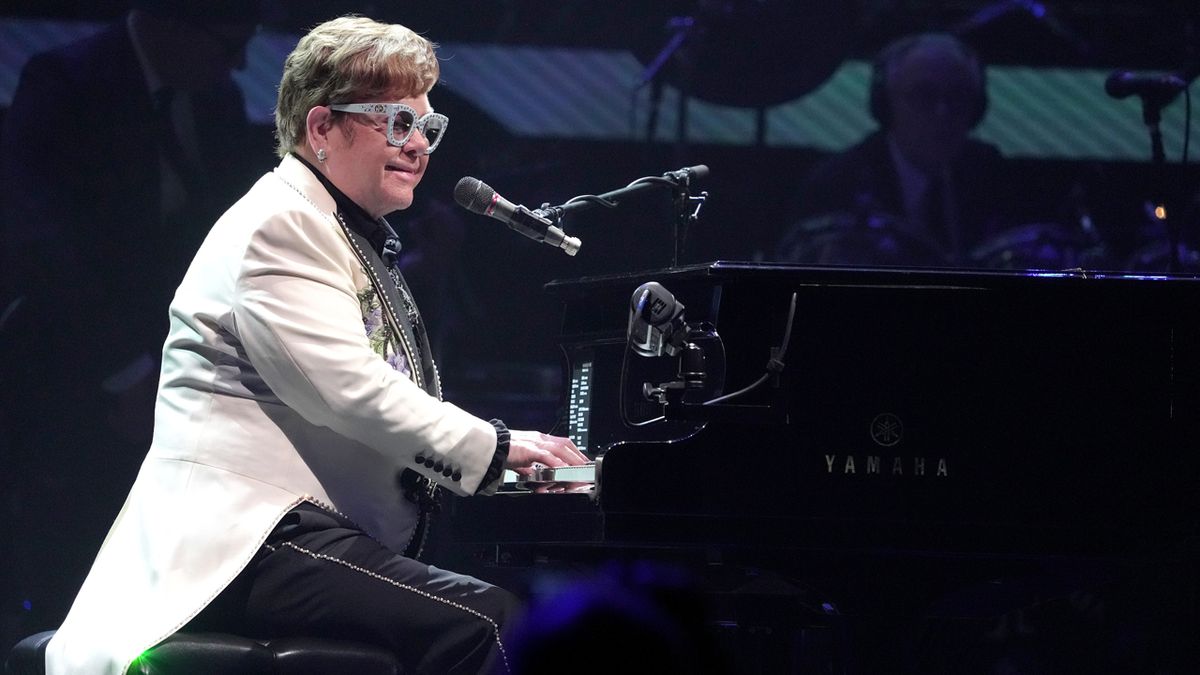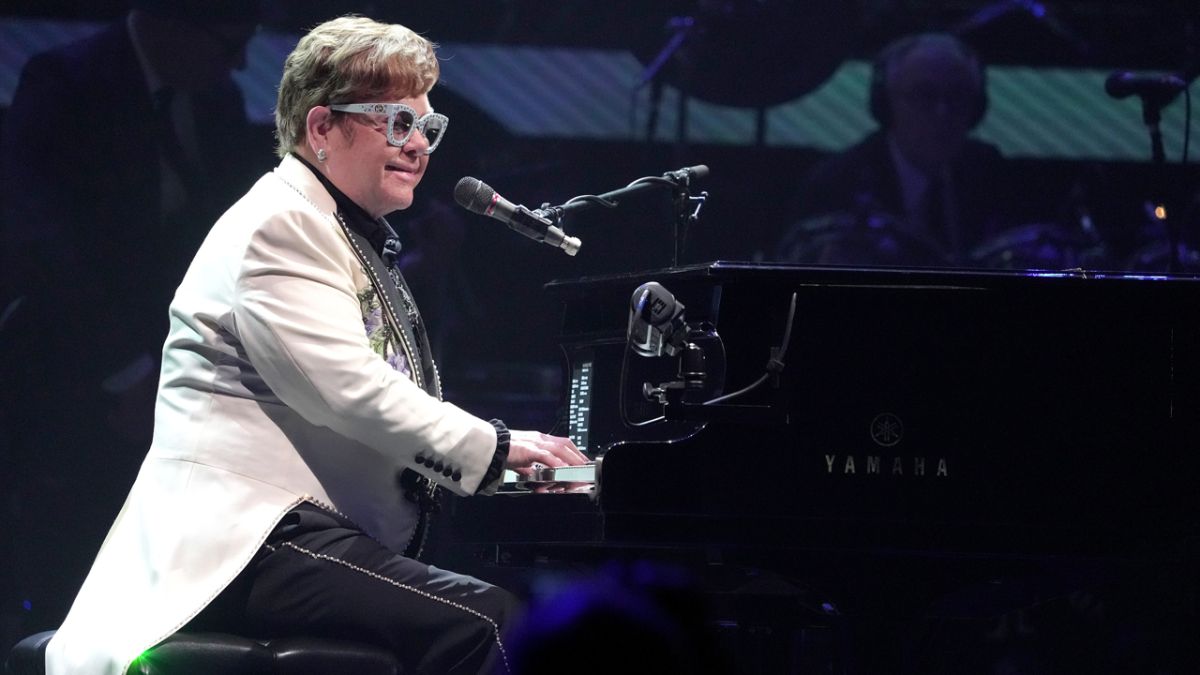
He may be celebrating his 75th birthday this year, but Rocketman Elton John still knows how to keep up with the latest in musical trends: his greatest hits album, Diamonds: The Ultimate Greatest Hits, is now available in a new Dolby Atmos spatial audio mix.
Provided your audio device supports the immersive Dolby Atmos format, you can listen to the album in its new mix on streaming platforms Apple Music, Amazon Music and Tidal. 48 of Elton John’s most-lovsongs, from Tiny Dancer to Your Song, have been remastered so that the instrumentation and melodies appear to be coming from all around you, as though you’red e sat in the center of a room with the band playing nearby.
“I feel unbelievably lucky that at 75 I still love what I do so much,” said Elton John of the release, who also has previously partnered for an actually-excellent Apple Music 1 show that showcases the latest up-and-coming stars.
“I’m still so energized about music and excited I get to play, listen and talk about this every single day. Being back on the road is a blast and the thrill of playing live is as amazing as it was 50 years ago. I have so much to pass on to the new generation of fans and artists alike, and I’m determined to keep giving back to the industry that has given me so much.”
New life for old tunes
Dolby Atmos and other spatial audio platforms like Sony’s 360 Reality Audio are breathing new life into classic recordings.
Recently, our Senior Editor, Home Entertainment had a revelatory listening experience sitting down to listen to The Beatles Abbey Road album in a new spatial audio mix.
“Dolby Atmos mixes don’t work for every album, and can sometimes sound a bit artificial – but it works so, so well for Abbey Road,” she said.
“It’s an album that has so much dynamic contrast, and scales everything from a simple voice with guitar to huge orchestral numbers. Placing all those different elements in a virtual sphere opens the mix up – and for an album recorded in the late sixties, it sounds remarkably modern in its production.”
With pop music as a genre’s earliest output now old enough to merit a place in a museum despite its every growing catalogue of new hits and stars, finding new ways to repackage older artists’ works and reintroduce them to new artists is a growing trend. Dolby Atmos and spatial audio’s transformative properties are one of the less cynical ways to do so that record labels have found over the years – streaming formats allow them to be recirculated without having to spend on a new flash–in-the-pan physical format, like ill-fated Mini Discs.
But there’s so far been less uptake from newer artists. Whether that’s because of financial constraints or otherwise, it’d be great to hear the sound of the future coming from the musicians of the present, rather than the past – especially as monetizing modern musicians’ work tends to be far more difficult than that of the legends of the golden age of the recording industry who’ve already made a fair bit of coin.
